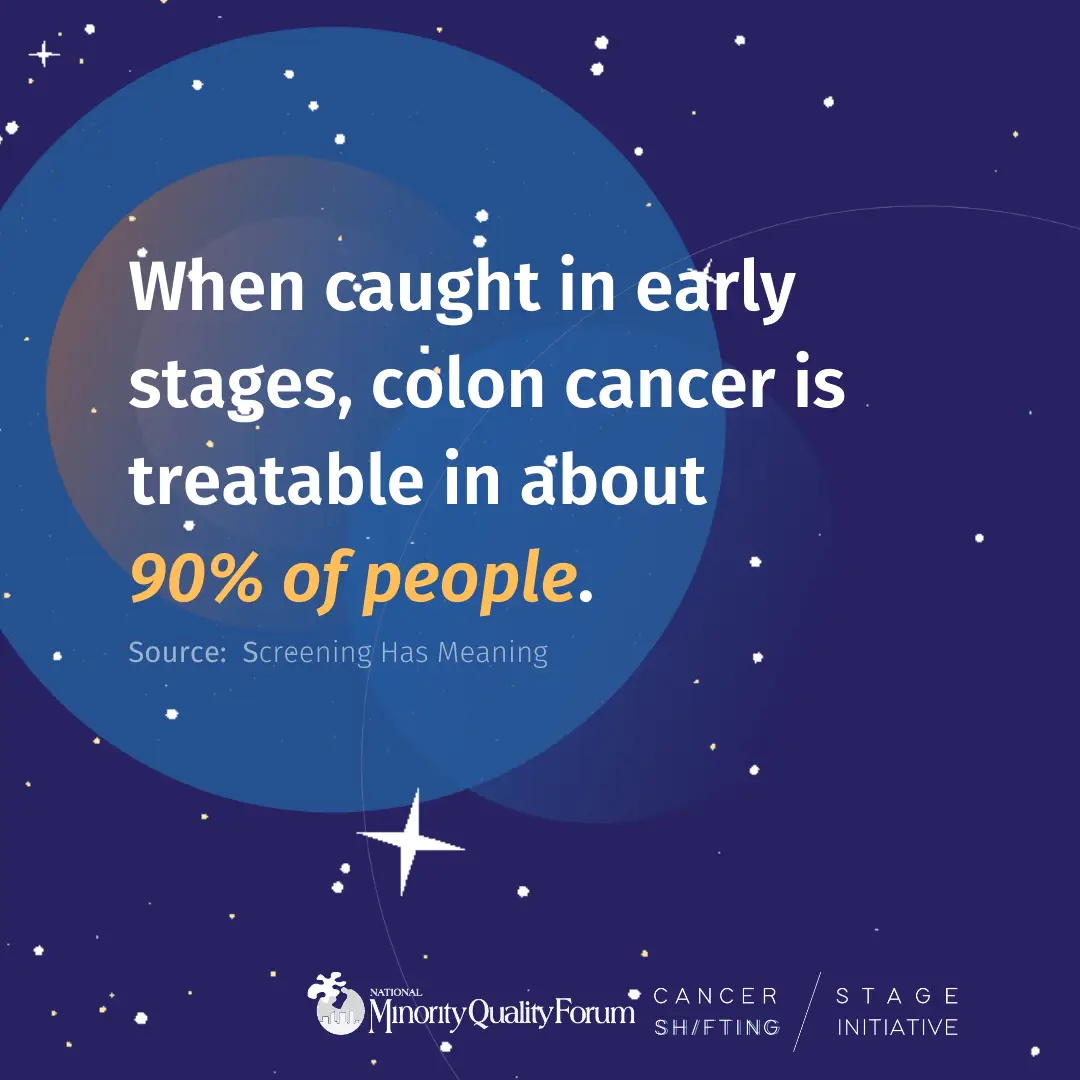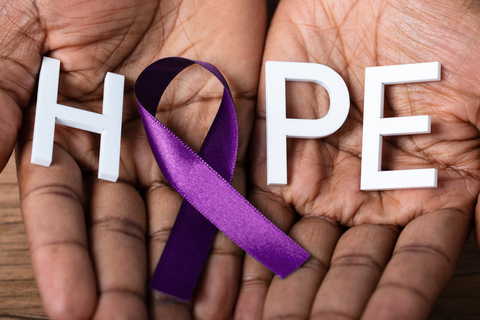- By Victor Mejia

Article Written By:
Christina Edwards, MHA
Director, Clinical Trials
Center for Clinical and Social Research (CCSR)
As someone committed to advancing equity and inclusion,working as the director of clinical trials, I was pleased to read the announcement that Richard Pazdur, M.D., has been appointed as Director of the Center for Drug Evaluation and Research (CDER) at the Food and Drug Administration (FDA). The move, revealed on November 11, 2025, marks a pivotal moment for the agency and, frankly, for the broader clinical-research ecosystem.
Dr. Pazdur brings to the role more than 26 years of service at the FDA, including foundational work in oncology. He served as founding Director of the FDA’s Oncology Center of Excellence (OCE) in 2017 and prior to that led the Office of Hematology and Oncology Products. Over time, he helped establish regulatory pathways like Project Orbis, which enables concurrent global review of oncology products, and Project Facilitate, designed to expedite access to investigational therapies for cancer patients. These achievements underline how he views drug-development not simply as regulatory gate-keeping, but as a vital part of enabling innovation and timely access for patients.
What really resonates with me is his attention to diversity, equity, and inclusion (DEI) in clinical research, something I spend a great deal of time working toward. Back in 2023, Dr. Pazdur and his team publicly emphasized that despite recent commitments, racial and ethnic minorities (as well as older adults) remain drastically under-represented in oncology trials, and they called for deeper institutional commitment, culture change, and operational strategy to address systemic gaps. More concretely, the FDA under his watch published draft guidance on the need for Diversity Action Plans (DAPs) in pivotal trials, specifying enrollment goals by race, ethnicity, sex and age, and urging sponsors to incorporate participant-burden reduction and site-selection strategies as part of a broader equity framework.
So what does this mean moving forward for diversity in research? For one, with Dr. Pazdur at the helm of CDER, there’s an opportunity to infuse this DEI orientation, previously anchored in oncology, across the full spectrum of drug development. That means not only more inclusive eligibility criteria, but more intentional outreach, community-engaged site selection, and accountability around enrollment demographics. For networks like ours that are often at the front lines of engaging under-represented populations, this shift is welcome. I anticipate stronger alignment between the FDA’s regulatory expectations and site-level realities, including more support for training diverse research teams and for sponsors investing in underserved sites.
Another meaningful link is the role of organizations like the National Minority Quality Forum (NMQF) and its initiative, the Alliance for Representative Clinical Trials (ARC). Our work, advocating for representative enrollment, site readiness in minority-serving communities, and investigator capacity building, aligns beautifully with the regulatory pivot that Dr. Pazdur has signalled. It means we won’t just be asking “why” there is under-representation; we’ll be asking “how” we structure trials, select sites, and support participants to turn representation into reality.
There’s still a long journey ahead, we know pipeline constraints, structural inequities, and site-level burdens remain. But leadership matters, and Dr. Pazdur’s appointment brings hope that CDER will become not just a regulator of drugs, but a partner in building a more inclusive research ecosystem. As we move forward, our collective challenge will be to translate regulatory signals into operational change: more minority-led sites, more participants from historically excluded groups, and more data that reflect the full diversity of the U.S. population.
In short: this is a moment not just of leadership change, but of possibility. And for all of us working to bring equity into clinical research, it’s a moment to engage, align, and deliver.
Trending Topics
Features
- Drive Toolkit
Download and distribute powerful vaccination QI resources for your community.
- Health Champions
Sign up now to support health equity and sustainable health outcomes in your community.
- Cancer Early Detection
MCED tests use a simple blood draw to screen for many kinds of cancer at once.
- PR
FYHN is a bridge connecting health information providers to BIPOC communities in a trusted environment.
- Medicare
Discover an honest look at our Medicare system.
- Alliance for Representative Clinical Trials
ARC was launched to create a network of community clinicians to diversify and bring clinical trials to communities of color and other communities that have been underrepresented.
- Reducing Patient Risk
The single most important purpose of our healthcare system is to reduce patient risk for an acute event.
- Jessica Wilson
- Jessica Wilson
- Subash Kafle

















